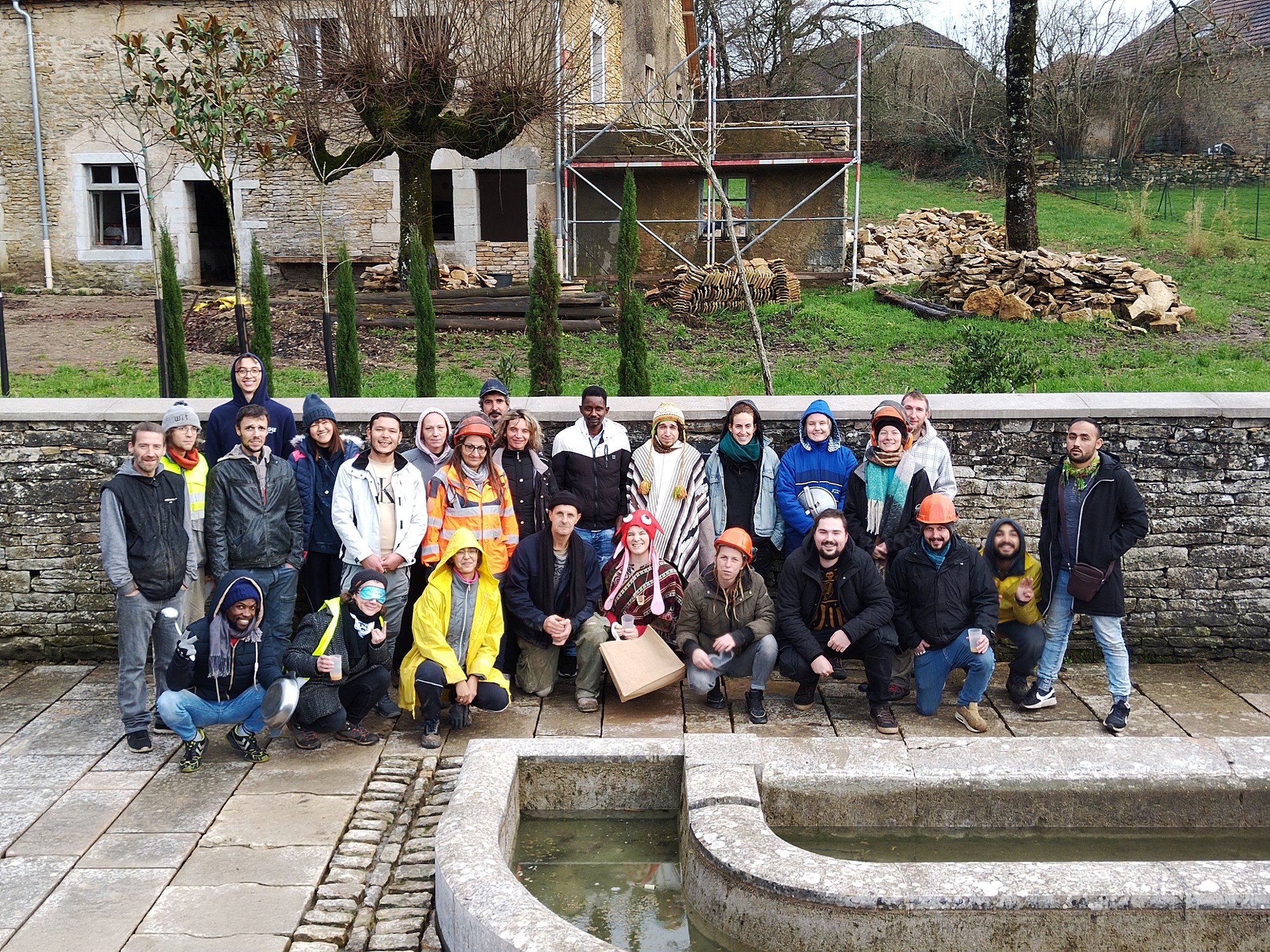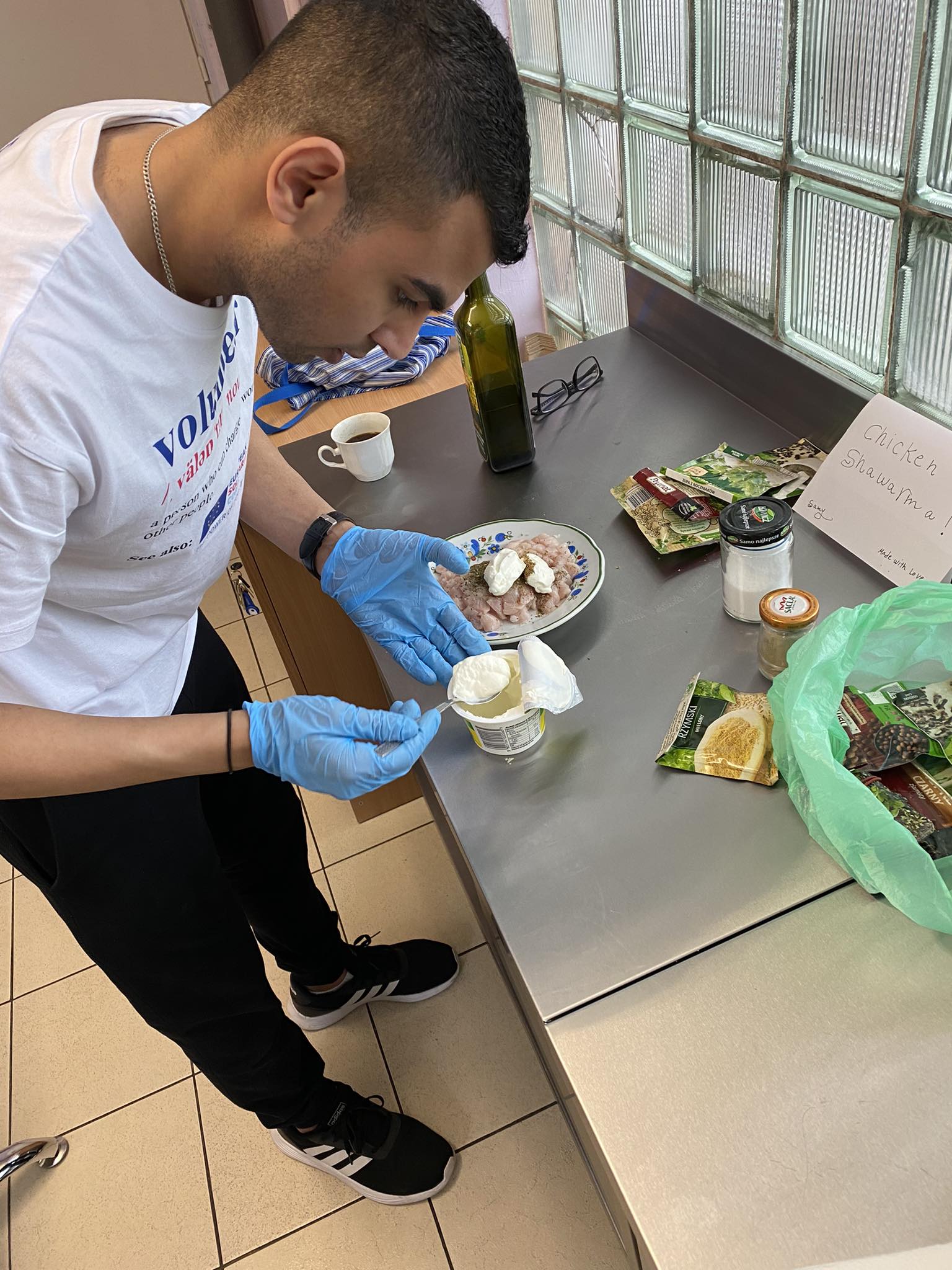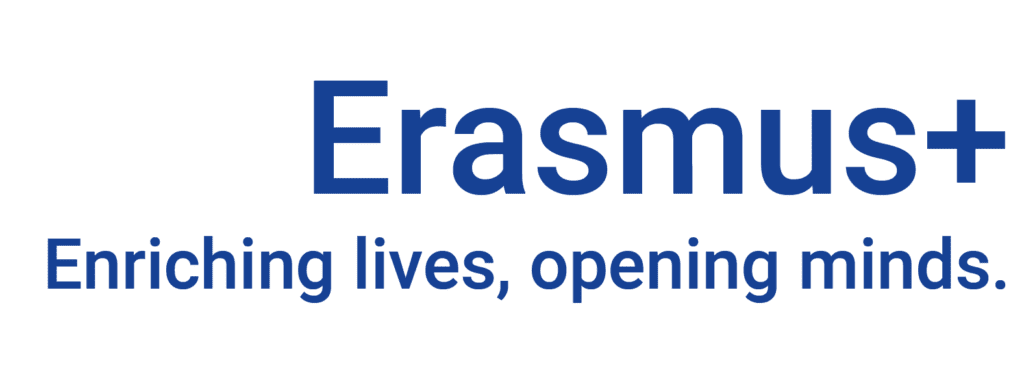Published by
SALTO Eastern Europe and Caucasus
Youth work in the first months of the full-scale Russian invasion of Ukraine and the role of Erasmus+ programme for Ukrainian youth.
Aliona Glazkova, chair of the “Kremenchuk Information and Educational Center” European Club and coordinator of Erasmus+ Youth and European Solidarity Corps international activities, tells us about how the organisation worked before the full-scale invasion and how it has changed its work since February 24, 2022.
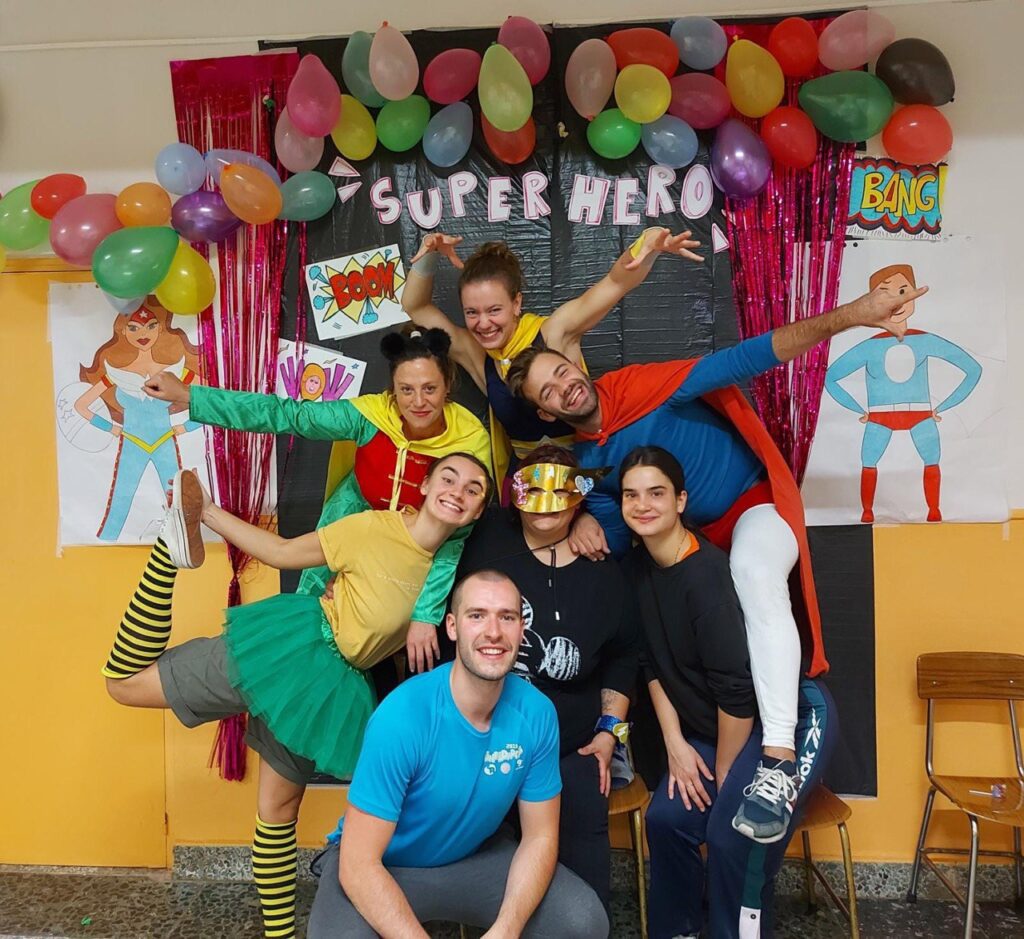
Aliona points that the years 2020-2021 were quite challenging due to the Covid-19 pandemic. In-person events were limited, and online events could not reach as many participants. However, the European Club tried to continue its regular activities and engage young people. “Throughout 2021, we participated in events dedicated to promoting Erasmus+ Youth and the European Solidarity Corps opportunities, implemented projects related to transparency and accountability in cities, organised the Mobile International Human Rights Documentary Film Festival Docudays UA. Overall, during that year, we had two youth exchanges, nine people went for long-term international volunteering within the European Solidarity Corps, and four went for short-term. In early 2022, we worked extensively on fieldwork, assisting other organisations.”
In the first days of the great war, Aliona says, everyone was shocked, and city of Kremenchuk resembled a large anthill. “We tried to find activities for ourselves, to be useful. We joined city volunteer initiatives, prepared food, set up shelters, organised trips for acquaintances. I helped other organisations run information campaigns, distributed useful information, and fundraised for essential items for the military.”
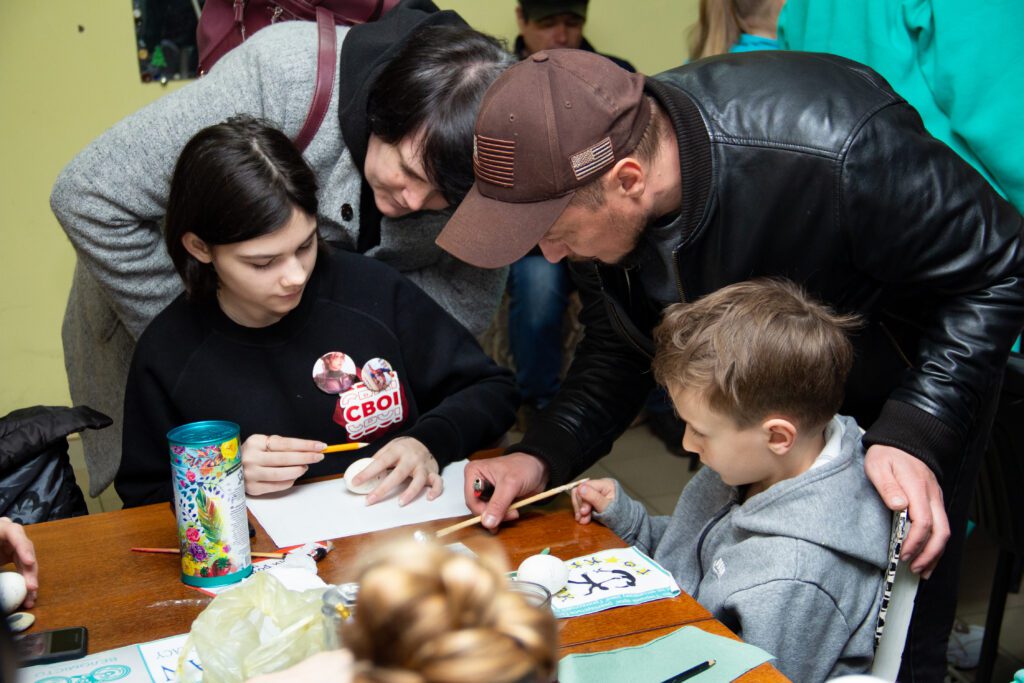

Three weeks after the start of the full-scale invasion, the Kremenchuk’s European Club returned to its regular activities. “In the spring of 2022, we resumed our regular activities, which had slowed down due to the quarantine. We gathered and played board games, held English language clubs, organised art therapy sessions for young people, lectures on sex education for teenagers and their parents. Sometimes people came just to talk and relieve the stress caused by the war and the confusion of the situation, or conversely, to realise the horror of what was happening.”
At the same time, Aliona says, international partners of the European Club, especially organisations from Poland, began actively taking Ukrainians for volunteering in their countries. Their role became an important part of providing young people with safe places to go. “I received emails from organisations that had places for volunteers and were ready to host Ukrainians, and I shared this information among the target audience of our organisation. Also, collaborating with the Association of Youth Centers of Ukraine and the National Ukrainian Youth Union, I provided information about the European Solidarity Corps, its opportunities, and conditions through their networks. I conducted individual consultations for people interested in volunteering.”


With the start of the full-scale invasion, the European Club was contacted by the Association of Swedish Youth Centres. Aliona later realised” “It turned out that they were not an association but simply different civil organisations from Sweden, Australia, and the United States. But at that time, we perceived them as an association”.
“Their collaboration allowed our organisation to attract additional funding, and this year, with one of the Swedish partners, we had organised a youth exchange for teenagers in Sweden and a three-month volunteering project for youth workers active in youth centres in Ukraine” Aliona adds.


In total, last year, about 10 people from the “Kremenchuk Information and Educational Centre” European Club went for long-term and short-term volunteering. Today, Aliona Glazkova says that Erasmus+ and European Solidarity Corps have helped Ukrainian youth who faced the full-scale war by providing them with the opportunity to leave for safe places quickly, organising their daily life and involvement in volunteer projects. Youth exchanges and training courses have also been a good opportunity not only for learning but also for relaxation and rejuvenation.
“Partnerships established before the war help us stay connected to the European reality in which people live and transmit information about the war in Ukraine and ways to help Ukrainians. Erasmus+ and European Solidarity Corps also provide a platform where Ukrainian youth can tell their peers abroad about their lives and experiences, and this is extremely valuable.”
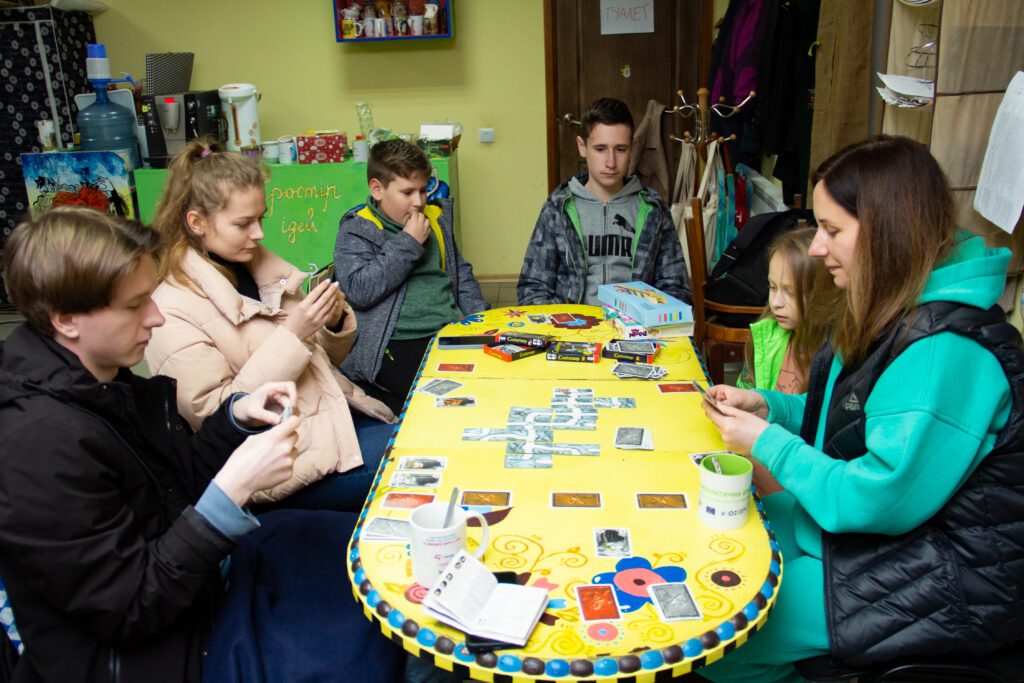





| Youth center “Space of Ideas” was established in 2013 with the support from the “Kremenchuk Information and Educational Center” European Club”. Over these years, the Center has developed and expanded its areas of work, from informal education and human rights education to combating corruption, engaging youth in local self-government, organising events, and promoting opportunities for youth under the Erasmus+ programme, including accreditation for hosting international volunteers and sending Ukrainian youth for volunteering within the European Solidarity Corps programme. |

